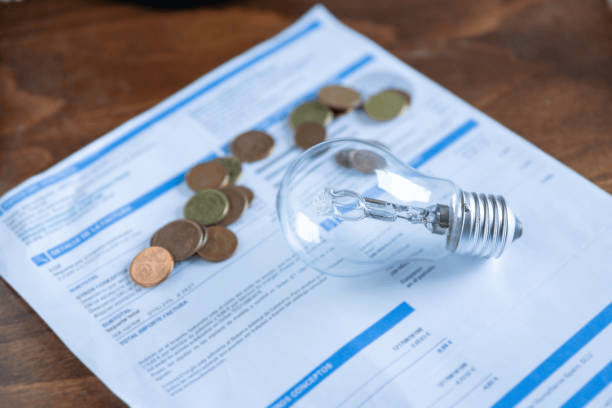Last updated on January 8th, 2024 at 04:21 pm

Utility bills are an essential part of life. They help keep our electricity, water, heating, and refrigeration running smoothly in the home. But do they count when it comes to credit scores?
The short answer is yes! Utility bills can impact your credit score, depending on how you handle them. In this article, let’s look at a few factors that can influence your score and read more about utility bills.
How Does a Utility Bill Count?
While some of you might not understand or get confused as to how a utility bill affects your credit score, the answer is quite simple. Utility bills are often used as an indicator of risk on your credit report. If you make timely payments on all of your bills, including utilities, this will reflect positively on your credit score and can give lenders more confidence when deciding whether to lend money to you or not.
How does it work?
First, if you pay your utility bills on time each month, it can demonstrate responsible behavior and help to boost your credit score. A good payment track record is key to maintaining a decent credit rating. On the other hand, if you’re constantly late with payments or miss them altogether, this will hurt your credit score.
Second, some utility companies might report your payment behavior to the major credit bureaus: Experian, TransUnion, and Equifax. This information could be reviewed by lenders as part of their decision-making process when considering lending money.
So if you’re aiming for a higher credit score, it’s important to keep up with your utility bill payments and ensure that you are paying them on time.
What Can I Do To Ensure My Utility Bill Doesn’t Affect My Credit?
The best way to ensure that your utility bills don’t harm your credit score is to pay them on time. Setting up automatic payments can be easy to ensure this is done, as you won’t have to worry about forgetting to make the payment. Additionally, you can set up reminders on your phone or calendar to ensure that payments are made on time.
It’s also essential to stay in contact with your utility provider if you’re having trouble making payments. Many providers offer assistance programs, such as deferred payment plans or discounts for low-income households, that may help to reduce the burden of paying your bills.
How Utility Bills Are Calculated
Now that you know why your utility bill counts towards your credit score let’s take a look at how they are calculated. Utility bills are typically based on the amount of energy used over a period (usually monthly). This means that if you use more electricity or water, your bill will be higher than in months when you use less.
You can reduce your utility bill by using energy-efficient appliances, such as LED light bulbs or an energy star-certified refrigerator. Additionally, you can check if your local government offers any incentives to help reduce the cost of your bills.
Calculations on Common Household Appliances
If you want to know how much energy is being used by common household appliances, you can use the following calculations:
• Refrigerator – Approximately 0.75 kW of electricity per day
• Air Conditioner – Approximately 1.25 kW of electricity per hour (on high setting)
• Washing Machine – Approximately 2.5 kW of electricity per hour
• Dishwasher – Approximately 1.5 kW of electricity per hour (on high setting)
Helpful Tips for Saving Money on Utility Bills
Being mindful of how much energy you use can help save money on your utility bills. Here are some helpful tips to help you keep costs down:
• Use natural light instead of electric lights when possible.
• Turn off all appliances, such as TVs and computers, when not in use.
• Clean or replace filters on air conditioners and other energy-consuming appliances regularly.
• Lower the thermostat in winter and raise it in summer to save energy.
• Turn off water taps when not in use, such as when brushing your teeth or washing dishes.
In Conclusion
Utility bills can have a significant impact on your credit score if you don’t pay them on time, so it’s essential to be responsible and make sure you keep up with payments. However, if you establish good payment habits, your utility bills can help boost your credit rating and give lenders a better understanding of your financial situation.
At the end of the day, it pays to pay your utility bills on time!
*collaboration






